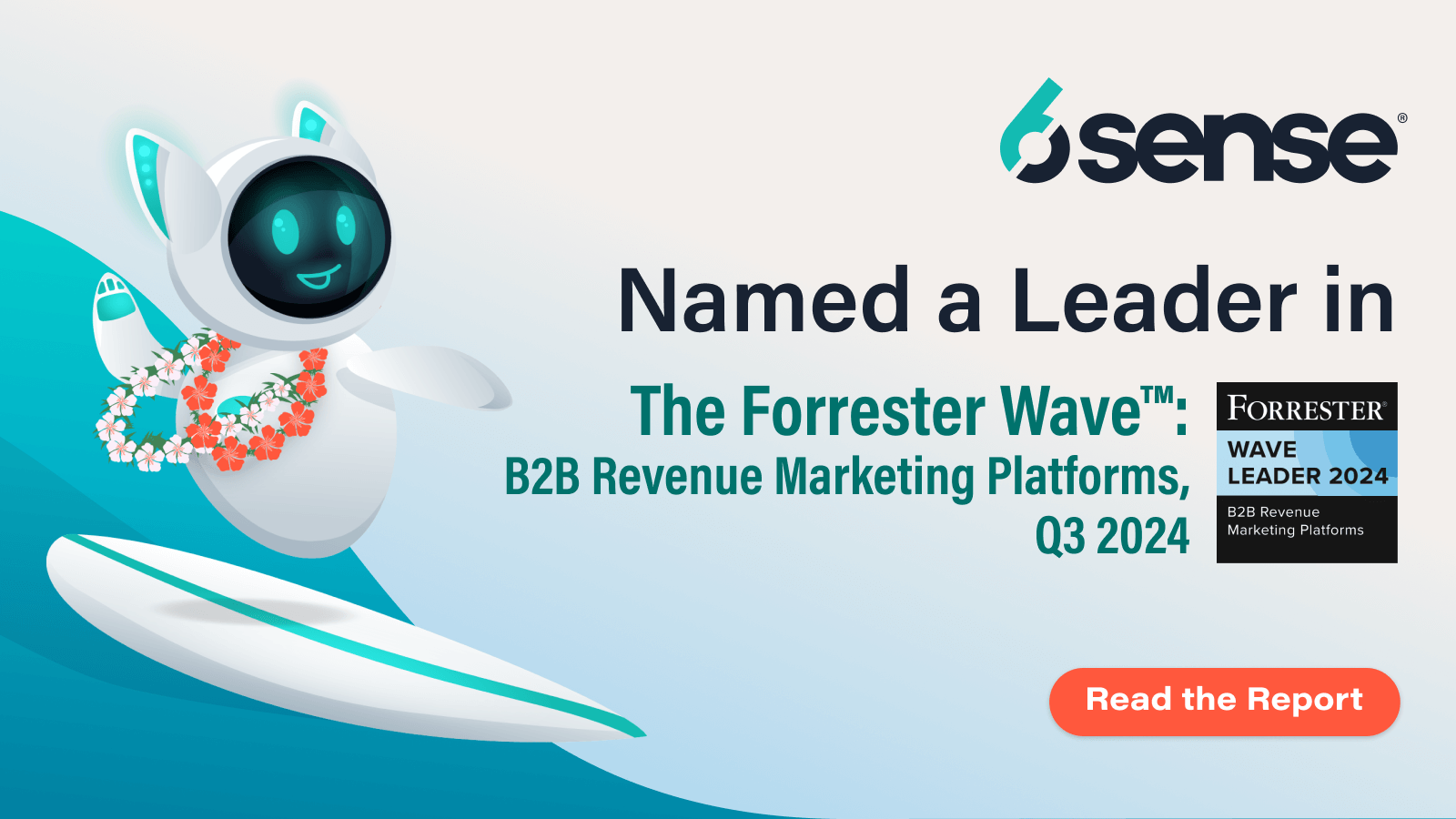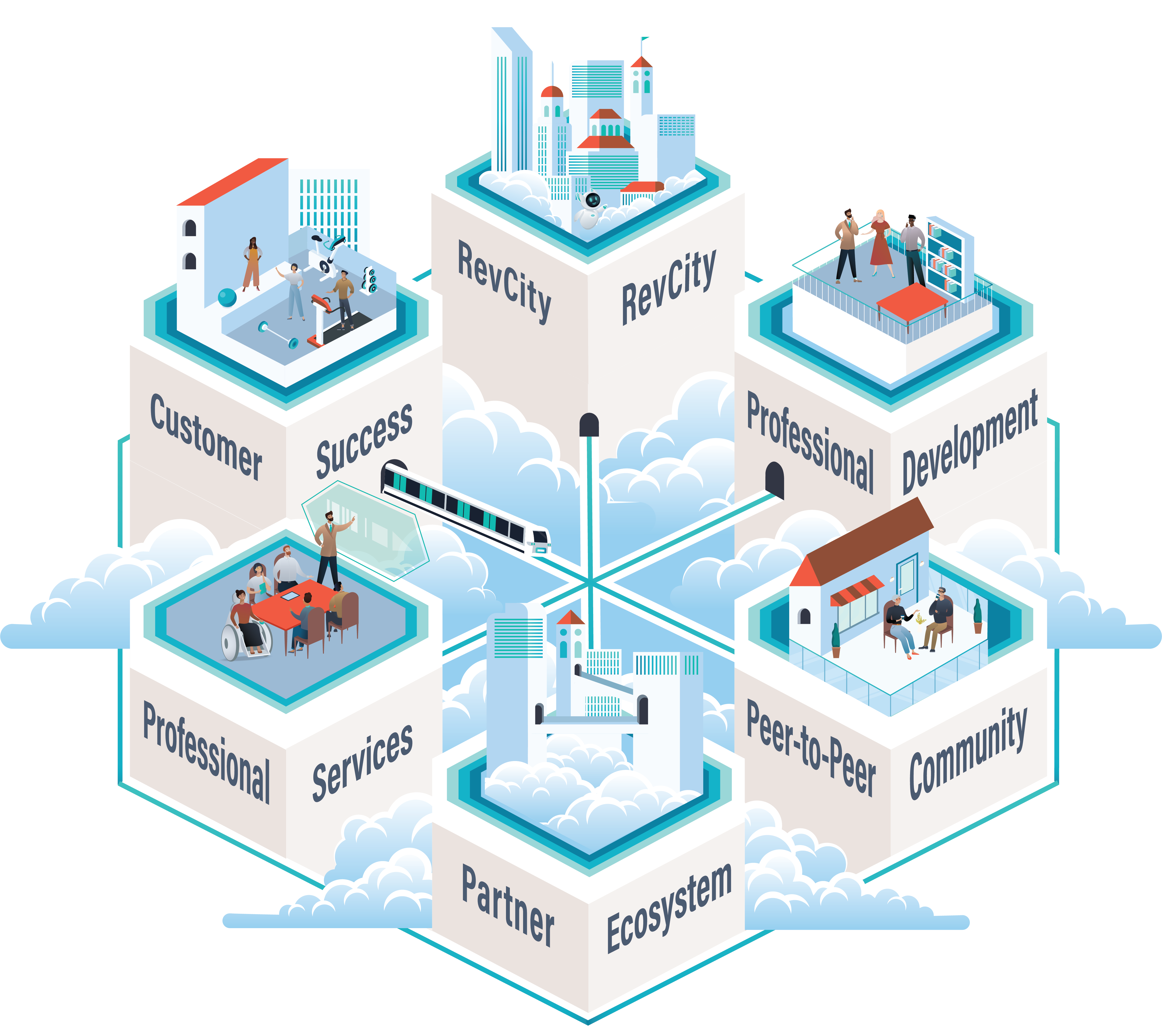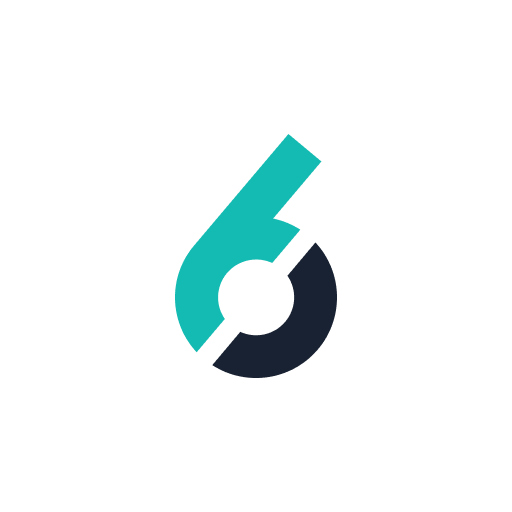Sales questions are the key to finding out what’s on your prospect’s mind. And what better time than a discovery call to ask?
Asking the right questions at the right time allows you to connect with and understand more about your prospects. We’ve laid out 10 sales questions that help you understand your prospects’ needs, wants, and everything you need to create your perfect sales pitch.
10 B2B Sales Questions to Ask on Your Next Discovery Call
1. “What are your responsibilities as {your prospect’s role} at {company name}?”
This is one of the first questions you should ask your prospect during your discovery call. On the surface, it seems like a rapport-building question to get to know them better.
However, this question also helps ensure you’re talking to someone with sufficient knowledge of the company’s needs. Additionally, it helps you determine if they have the decision-making authority to take a call regarding the purchase of your product.
2. “What issues are you facing at the moment?”
The purpose of this question is to get them talking about their needs, wants, interests, and pain points.
The information gained from the answer can be used to gauge whether your service can address the issues they’re wrestling with.
3. “What is your ideal outcome? What are your goals for the next quarter?”
This question helps you understand your prospect’s expectations as a customer. Are their expectations realistic? Is their ideal outcome achievable? Have your previous customers been able to achieve this same outcome?
4. “What is your most pressing concern regarding this issue?”
The previous question tends to uncover information by scratching the surface, whereas this one seeks to look at it from a deeper perspective.
Asking about the most pressing concern makes sure you’re not missing any key points regarding your prospect’s expectations so you know if you can deliver.
5. “How severe is the issue? How much is it costing you?”
This question can help you understand the depth of your prospect’s problem. The greater the cost of the issue, the higher their need for a solution. The cost of the issue to your customer can also help you ascertain your customer’s satisfaction with the price of the product.
Moreover, the greater the cost of the issue, the more severe it is, and consequently, the quicker they want a solution for it. This helps you determine your prospect’s urgency.
6. “Who have you been working with so far to solve this issue? Why have they failed?”
Understanding why their existing solution failed to fix the issue is a must. It is crucial in understanding how you can take your competitor’s spot by showing your prospect how they won’t come across the same obstacles as a customer to your company.
7. “How do you evaluate new products?”
This question is intended to discover what standards your prospect expects from newly purchased products and services. This could be timely customer support, easy user interface, efficiency, and quality of service.
It also helps you understand what they expect from your customer success team once they’re a customer. Happy customers renew their contracts with you and turn into advocates for your product to other organizations in your target market.
8. “Do you have the budget for our product?”
You could land yourself an ideal prospect, but unless they have the budget to purchase your product or service, it’s not going anywhere.
Of course, you don’t have to reveal the price of your product for an answer to this question. It is merely aimed at discerning whether or not they’re willing to close on a fair deal. If they’re tight on budget, you could offer alternate, cheaper plans that still solve the needs and issues pointed out earlier on in the call.
9. “Have we covered everything? What else should I know?”
The discovery call is the best (and probably only) opportunity to find out the most about your prospect and you need to make the most of it by covering as much ground as possible.
This question also gives your prospect some space to recollect what’s been discussed during the call and try to remember whether they’ve missed anything or left something important unsaid.
10. “When’s a good time to follow up with you?”
A discovery call that fails to fix a follow-up time is a waste. After a long and hard session of finding out your prospect’s pain points, budget, expectations, and need for your product, you’ll want to make sure you stay connected.
Your prospect is most probably not going to ask you to fix a time for the follow up so it’s on you to make sure you do.
Leave Nothing Unsaid
These 10 questions will help you understand what gets your prospect to buy. More importantly, they also give you an idea of what they expect from your product and how you can keep them happy as a customer.



